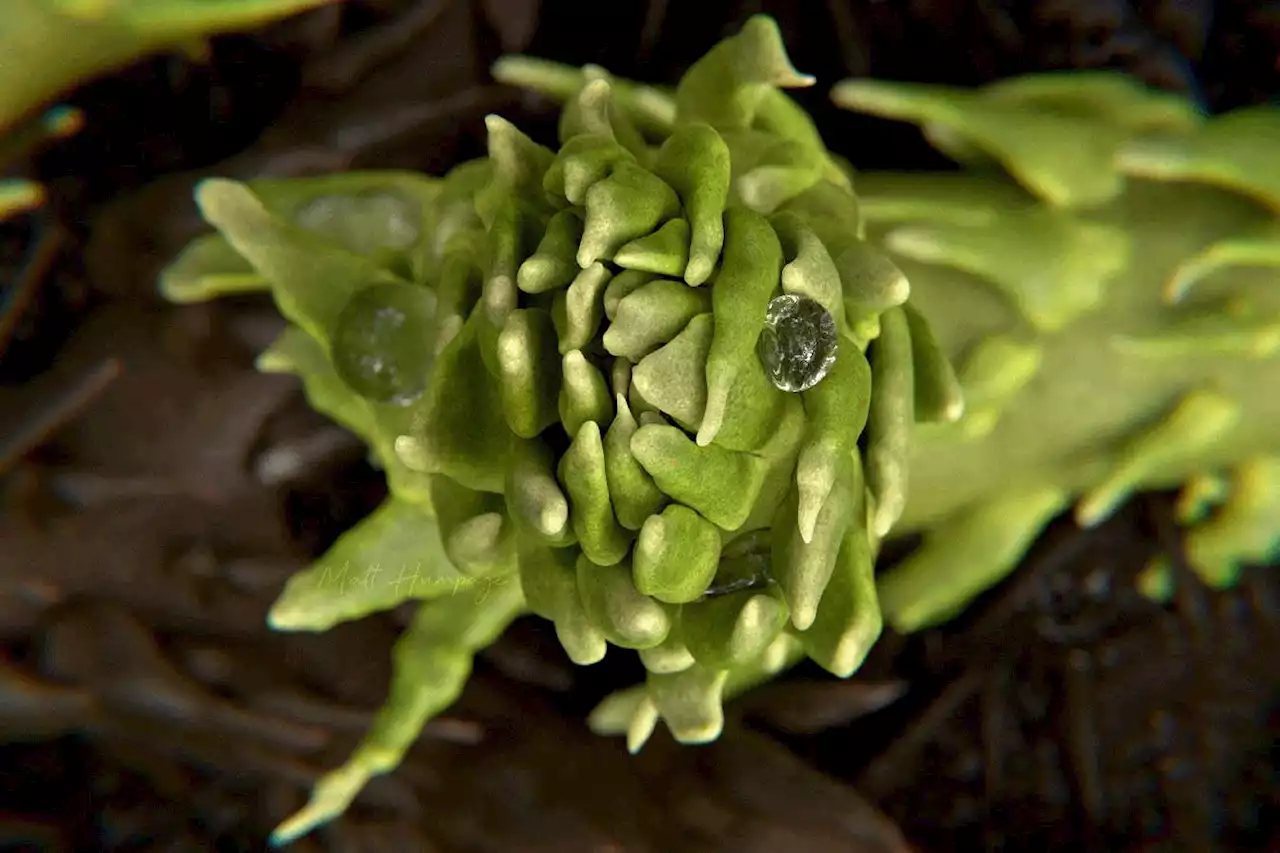A massive new survey of nearly 400 coral reefs around the world reveals sharks once common in those waters are vanishing, a troubling sign that the fearsome fish are at a much greater risk of going extinct than previously thought.
“It’s absolutely jaw-dropping,” said David Shiffman, a marine biologist at Arizona State University not involved in the survey work. “And it’s telling that if you look at all the reef sharks at all the reefs everywhere, you get a very similar pattern.”
When he started surveying, Colin Simpfendorfer, a shark scientist at James Cook University in Australia, wasn’t expecting to see such severe declines, but the final measurements were sobering.
Singapore Latest News, Singapore Headlines
Similar News:You can also read news stories similar to this one that we have collected from other news sources.
 Dow tumbles over 400 points after Fed signals more rate hikes to comeInvestors reacted negatively to the Fed’s hawkish tone.
Dow tumbles over 400 points after Fed signals more rate hikes to comeInvestors reacted negatively to the Fed’s hawkish tone.
Read more »
 East Texas County 400 Miles from Border Declares Migrant-Crisis DisasterNearly 200 residents of rural San Jacinto County, Texas, watched as the commissioners’ court declared a border-crisis state of disaster.
East Texas County 400 Miles from Border Declares Migrant-Crisis DisasterNearly 200 residents of rural San Jacinto County, Texas, watched as the commissioners’ court declared a border-crisis state of disaster.
Read more »
 At Least 78 Die After Migrant Ship Capsizes Off GreeceAt least 78 people died and dozens more were missing off the coast of Greece after a fishing vessel carrying migrants from North Africa capsized in stormy weather
At Least 78 Die After Migrant Ship Capsizes Off GreeceAt least 78 people died and dozens more were missing off the coast of Greece after a fishing vessel carrying migrants from North Africa capsized in stormy weather
Read more »
 Kayaker in Washington's Olympic National Park presumed dead after fiancee tries in vain to save himTravis Valenti was last seen in Olympic National Park's Lake Crescent about a quarter mile offshore in an area with a depth of about 400-500 feet, officials said.
Kayaker in Washington's Olympic National Park presumed dead after fiancee tries in vain to save himTravis Valenti was last seen in Olympic National Park's Lake Crescent about a quarter mile offshore in an area with a depth of about 400-500 feet, officials said.
Read more »
 Report: Trump Passed on a Plan to Avoid Criminal Charges, and Now He’s Facing Up To 400 Years in PrisonDonald Trump reportedly rebuffed a proposal by one of his attorneys to settle with the DOJ and avoid an indictment which, in retrospect seems like...a pretty bad move! Read the latest from besslevin:
Report: Trump Passed on a Plan to Avoid Criminal Charges, and Now He’s Facing Up To 400 Years in PrisonDonald Trump reportedly rebuffed a proposal by one of his attorneys to settle with the DOJ and avoid an indictment which, in retrospect seems like...a pretty bad move! Read the latest from besslevin:
Read more »
 Ancient plant's leaves didn't follow golden rule as modern ones doDigitally reconstructing the pattern of leaves for a 400-million-year plant fossil shows that an early plant didn't follow the Fibonacci sequence of leaf arrangement seen in most modern plants
Ancient plant's leaves didn't follow golden rule as modern ones doDigitally reconstructing the pattern of leaves for a 400-million-year plant fossil shows that an early plant didn't follow the Fibonacci sequence of leaf arrangement seen in most modern plants
Read more »
